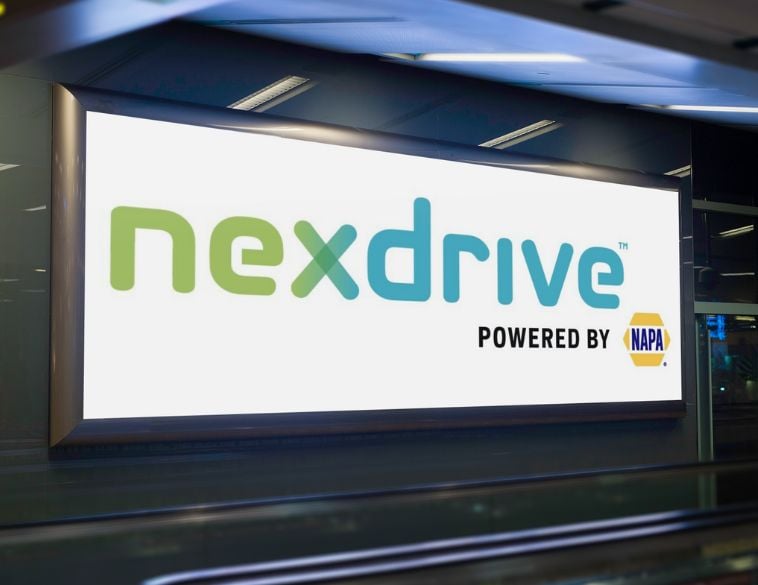Successful EV adoption and ownership experiences require dealers to maximize ease of use.
All eyes are on the transition to electric vehicles, whether it’s new regulations to spur adoption, the introduction of varied EV models or what a certain CEO might say next. But when it comes to market penetration there are many more factors to consider at every level of the purchase funnel and much of it will fall on the dealer.
CDK Global’s research has shown that for consumers the biggest obstacle when it comes to a potential EV purchase was figuring out where to charge it. Even more interesting from those survey results was the fact that 40% of consumers waited until they had their own garage before considering the purchase of an electric vehicle. If you own a home with a garage, charging your EV becomes much less of a hassle and this scenario seems to be something that shoppers easily understand.
Cold weather performance
Other significant barriers to adoption may not be so apparent including the impact of cold weather on EV performance. Several studies show that an EV can lose between 10-36% of its performance and range during cold weather that afflicts much of Canada and the northern U.S.
Supply chain disruptions and limited availability are also concerns among consumers contemplating an EV, as are high transaction prices—often significantly more than an equivalent conventional vehicle. And recently, complex and fluctuating tax incentives have shoppers confused and the industry waiting to see if more changes are on the horizon.
When it comes to the overall EV sales process, dealers are expected to play an even more critical role than they do with internal combustion engine (ICE) vehicles. CDK’s The Charged Truth About Electric Vehicles study revealed that 83% of all EV owners said the test drive was very important to their purchase decision, compared with 75% of ICE vehicle buyers.
Needs and requirements
For dealers, success in the EV transaction and ownership experience starts with understanding the needs and requirements of the buyer. Because more than 90% of EV charging takes place at home, the ability for the vehicle to be fully charged by the time the consumer sets off in the morning is critically important, so if the potential purchaser lives in a condominium complex or parking without dedicated EV charging access, this needs to be explained during the shopping experience. The same is true with explaining the variety of public charging options. Dealers don’t have to spend a single second explaining how to fill an ICE vehicle up with gas during a test drive, yet refuelling is often a confounding part of the EV ecosystem.
There’s also the issue of maintenance. Often, EVs are labelled as essentially maintenance-free vehicles, but this simply isn’t true. While EVs do not require oil changes like ICE vehicles, they still require upkeep. Besides the wear on tires, which is generally worse than with ICE vehicles, battery health is of prime concern. In fact, it ranked first among service concerns of EV owners we surveyed, with tires being second. And at this early stage, EVs from nearly every automaker have experienced recalls.
Additional concerns EV customers have after their initial purchase include:
- EV charging took longer than fueling (69%)
- EV owners cited a lack of charging networks/infrastructure support (60%)
- Consumers cited limited EV range (56%)
- Infrastructure support for apartment dwellings was a concern for many owners (37%)
While we are seeing more significant EV technology training for dealership sales teams to better assist customers during the car buying and owning process, it is important for dealers to consider that we are now past the ‘early adopter’ phase. That means more EV shoppers will lack education on the technology that the dealership will need to provide. This next wave of EV shoppers may also be much less willing to put up with inconveniences such as a lack of charging infrastructure or limited range.
Dealers have a unique opportunity at this moment to capture EV customers long-term, provided they invest in the right training for their sales and service staff. Thinking of EVs as a complete customer ownership experience, ensuring they can answer questions with transparency, and confidence will further promote their place in the EV eco-system as a trusted and valued partner.



